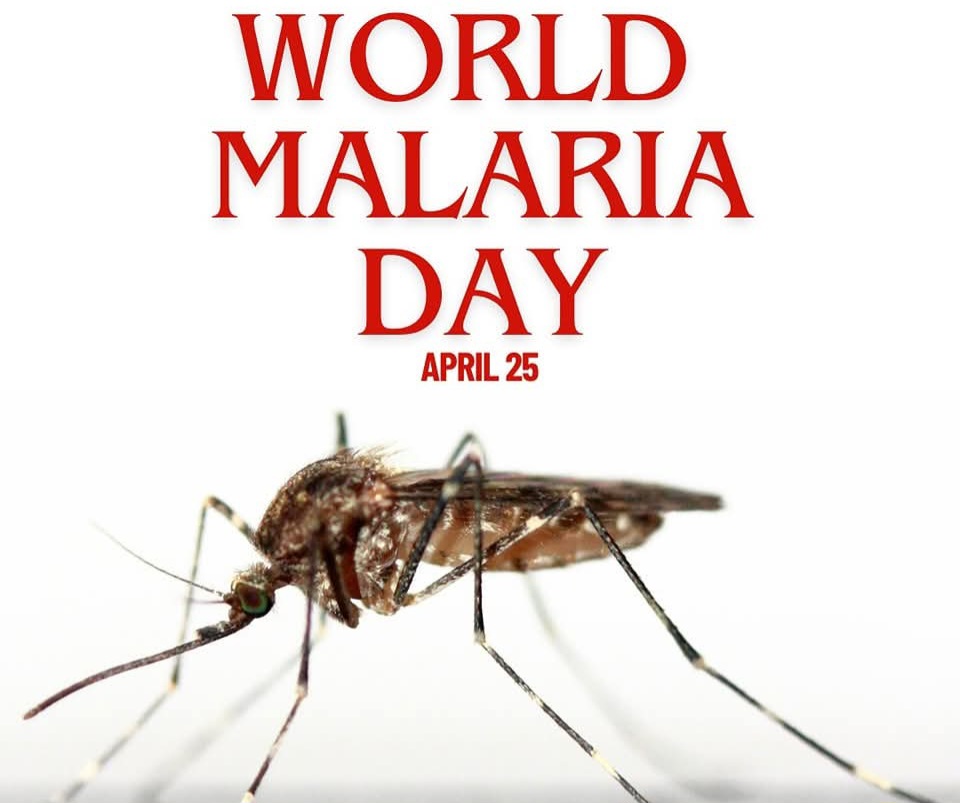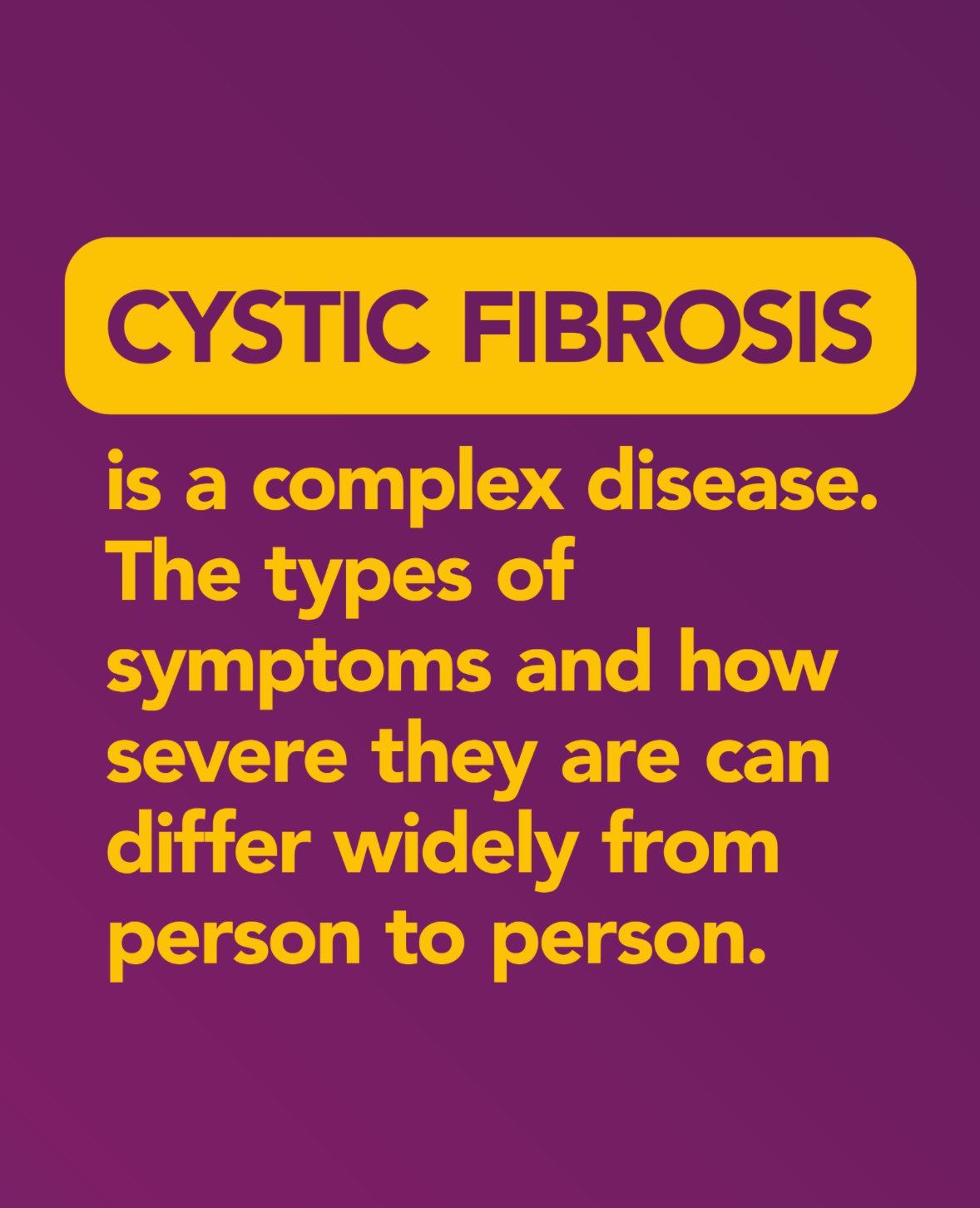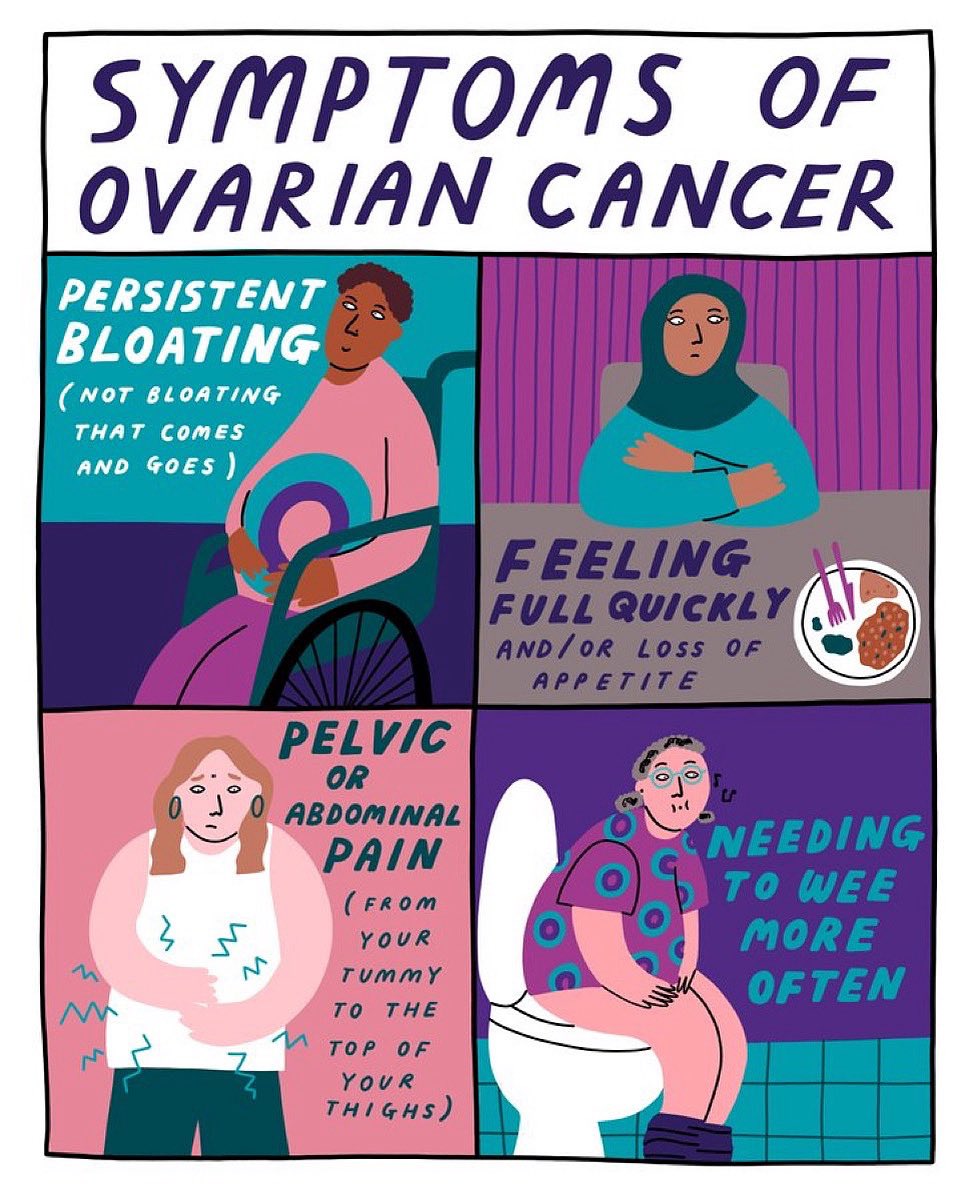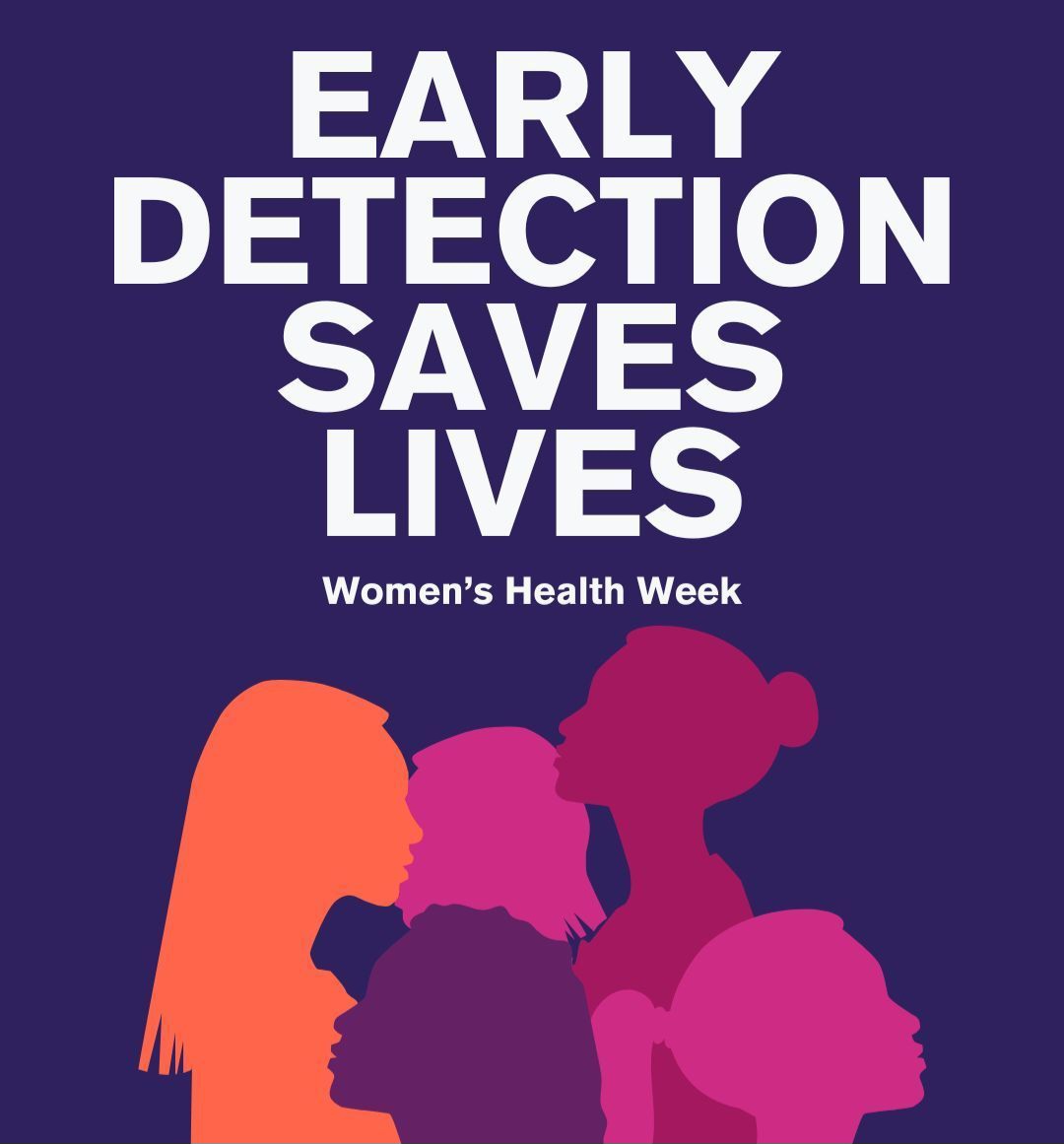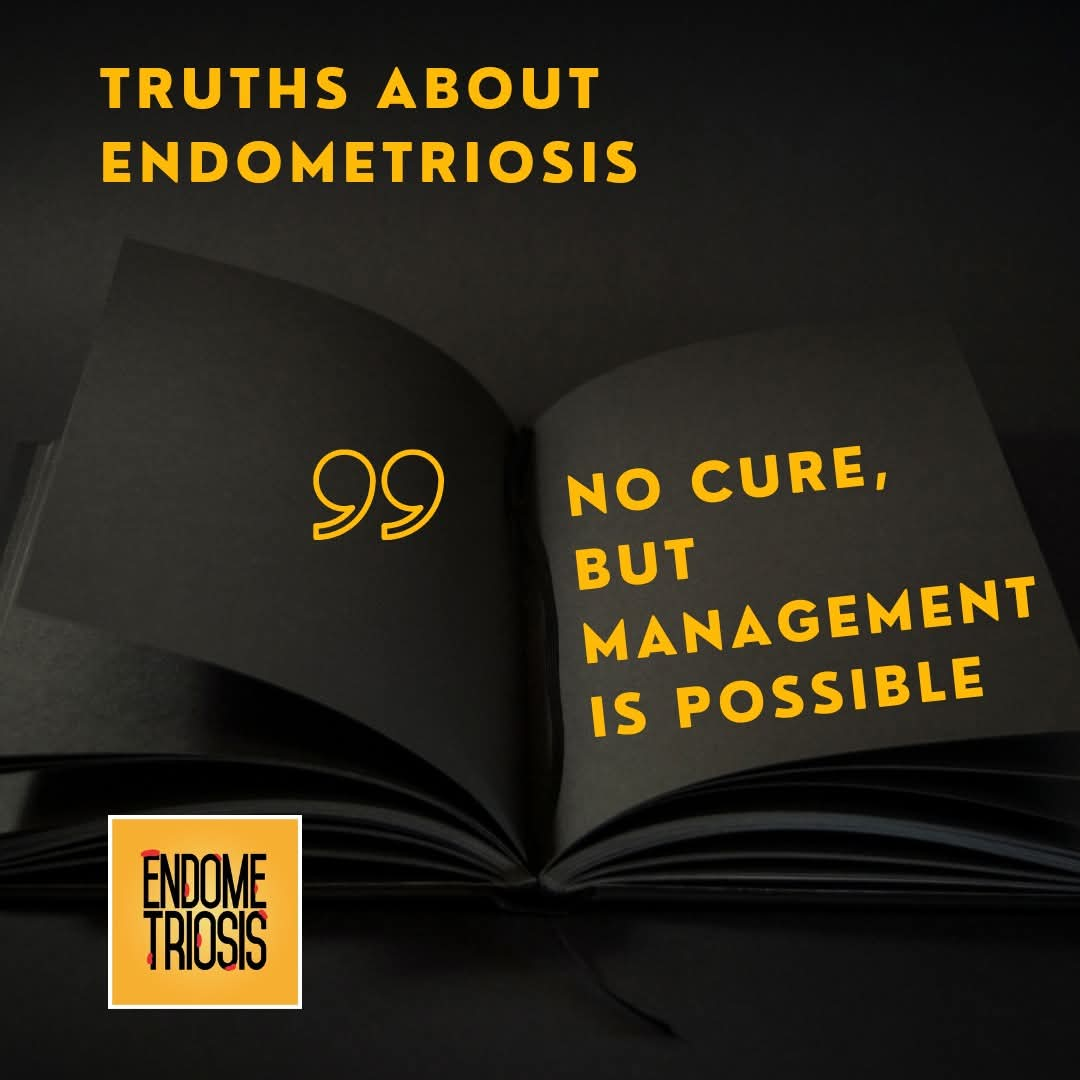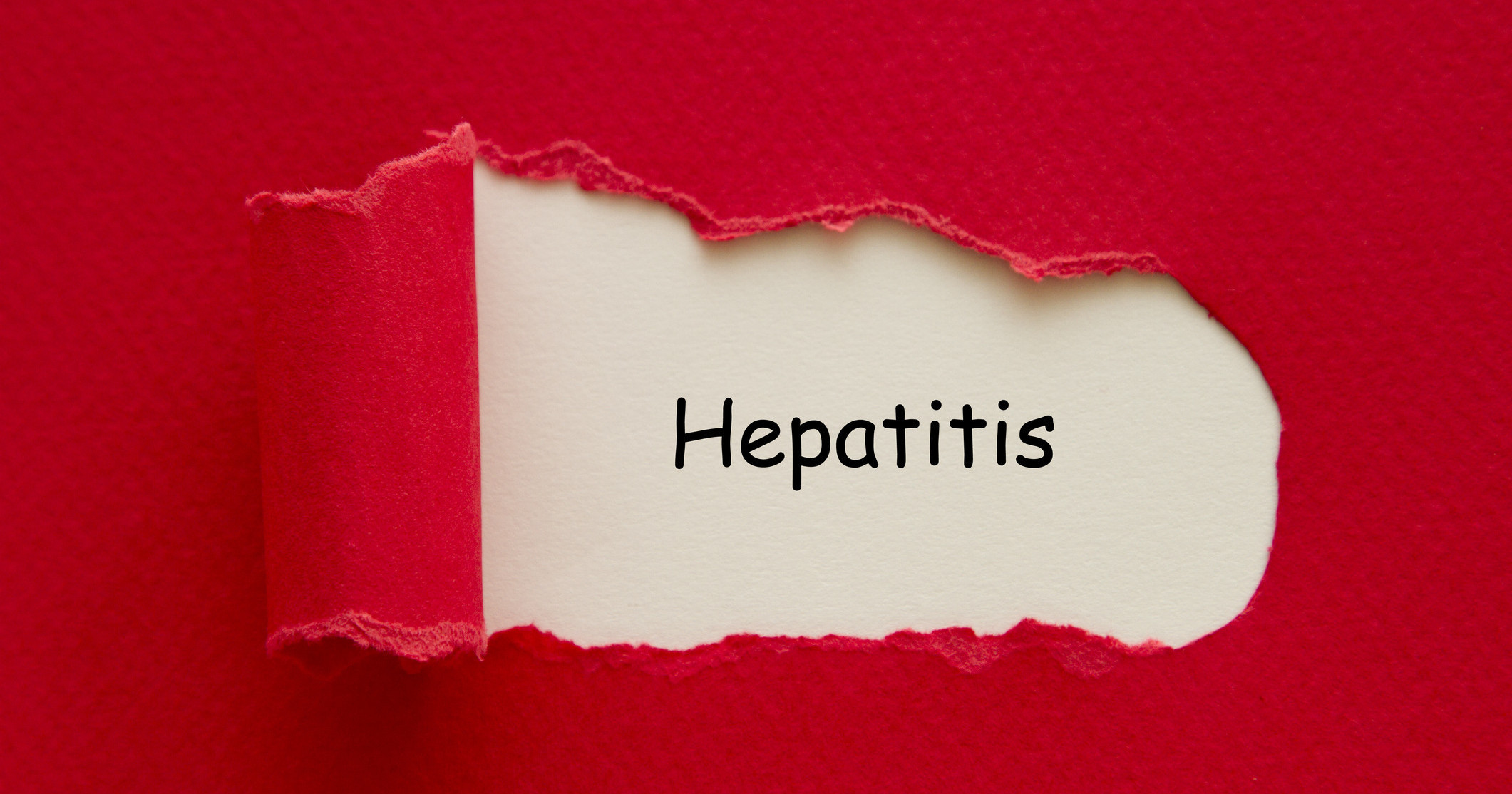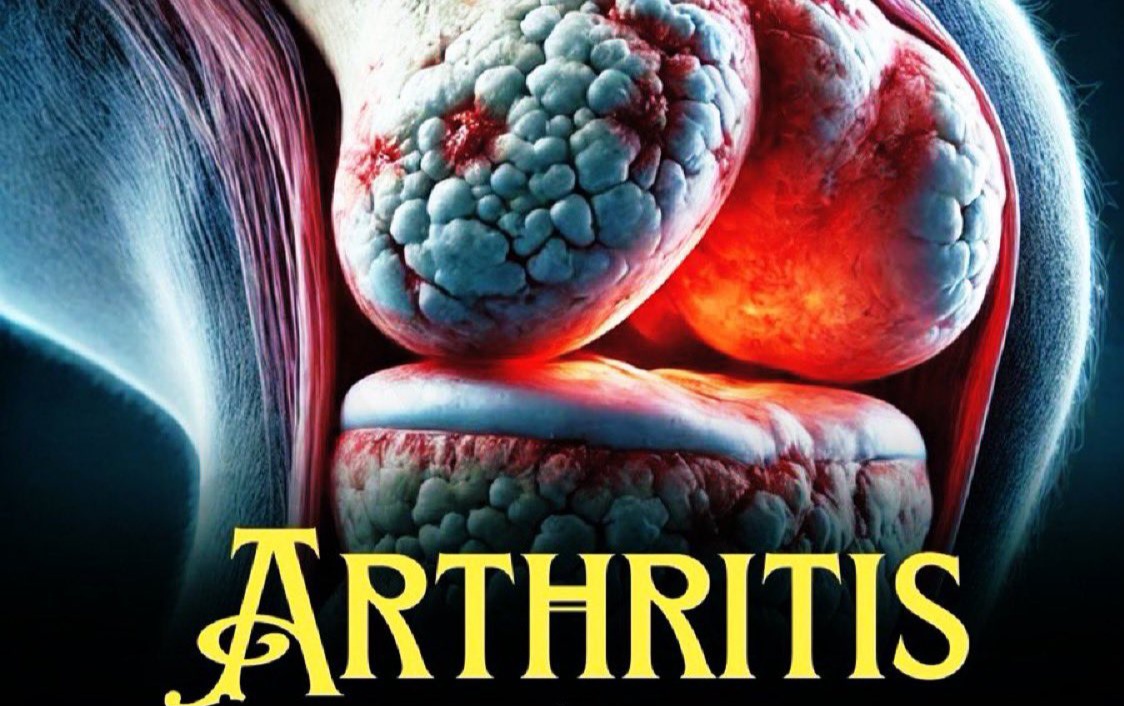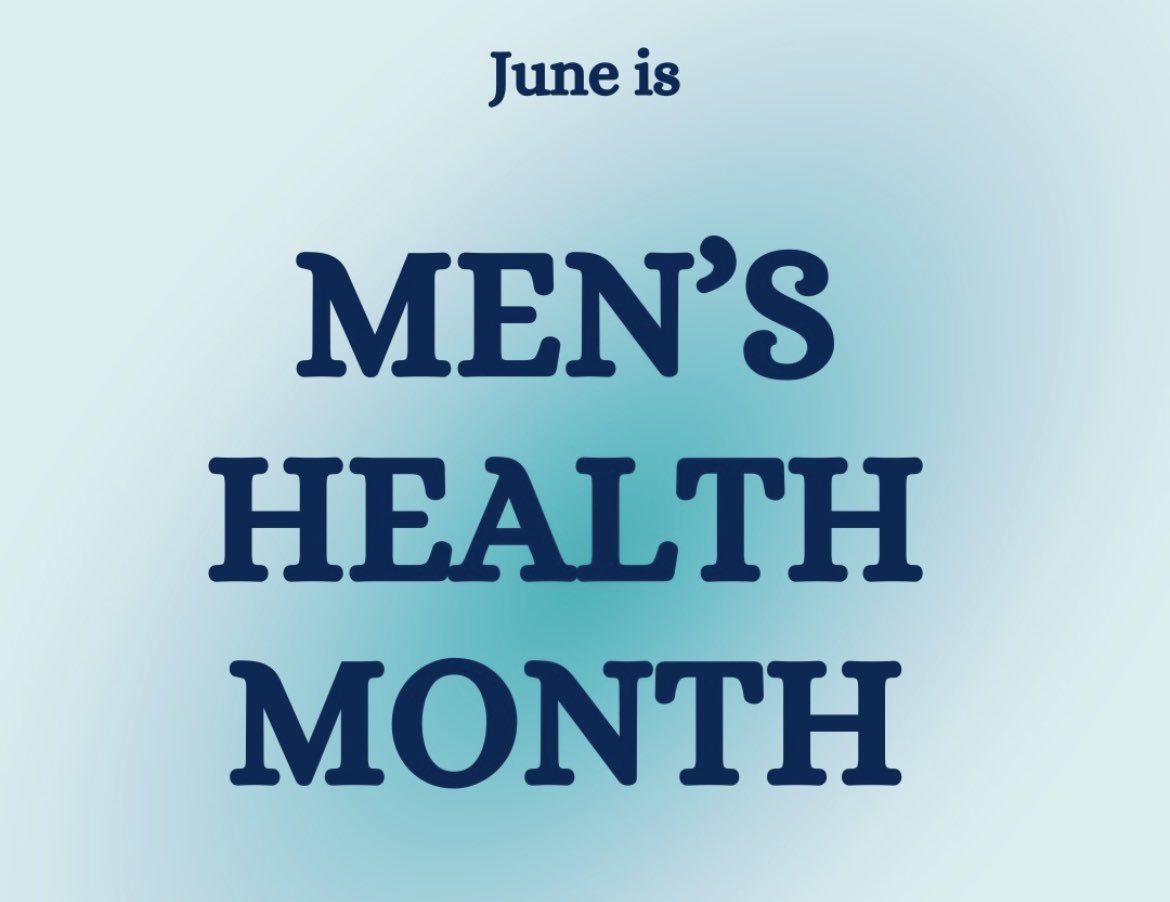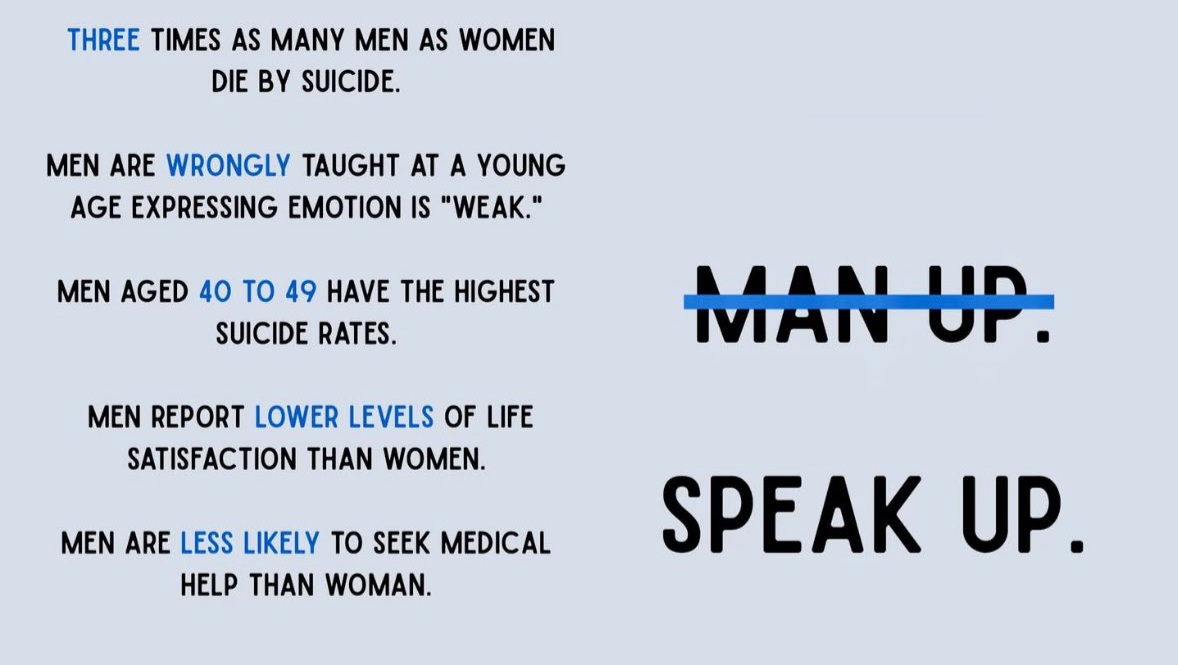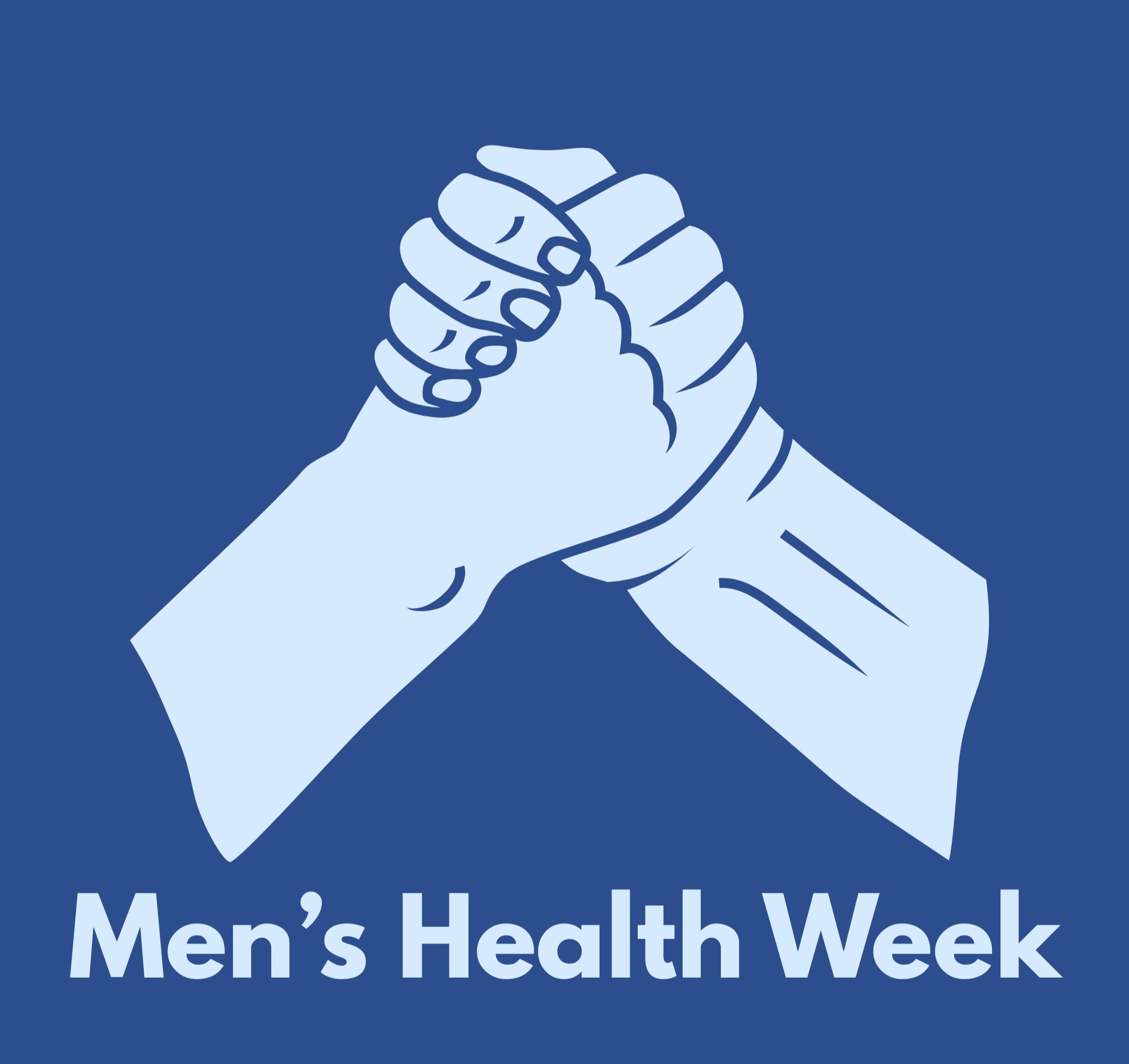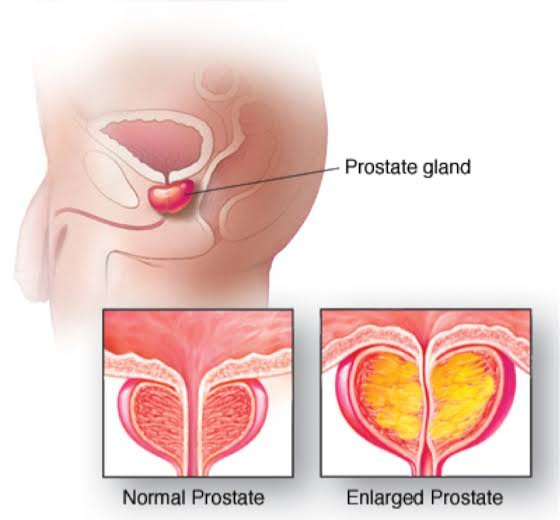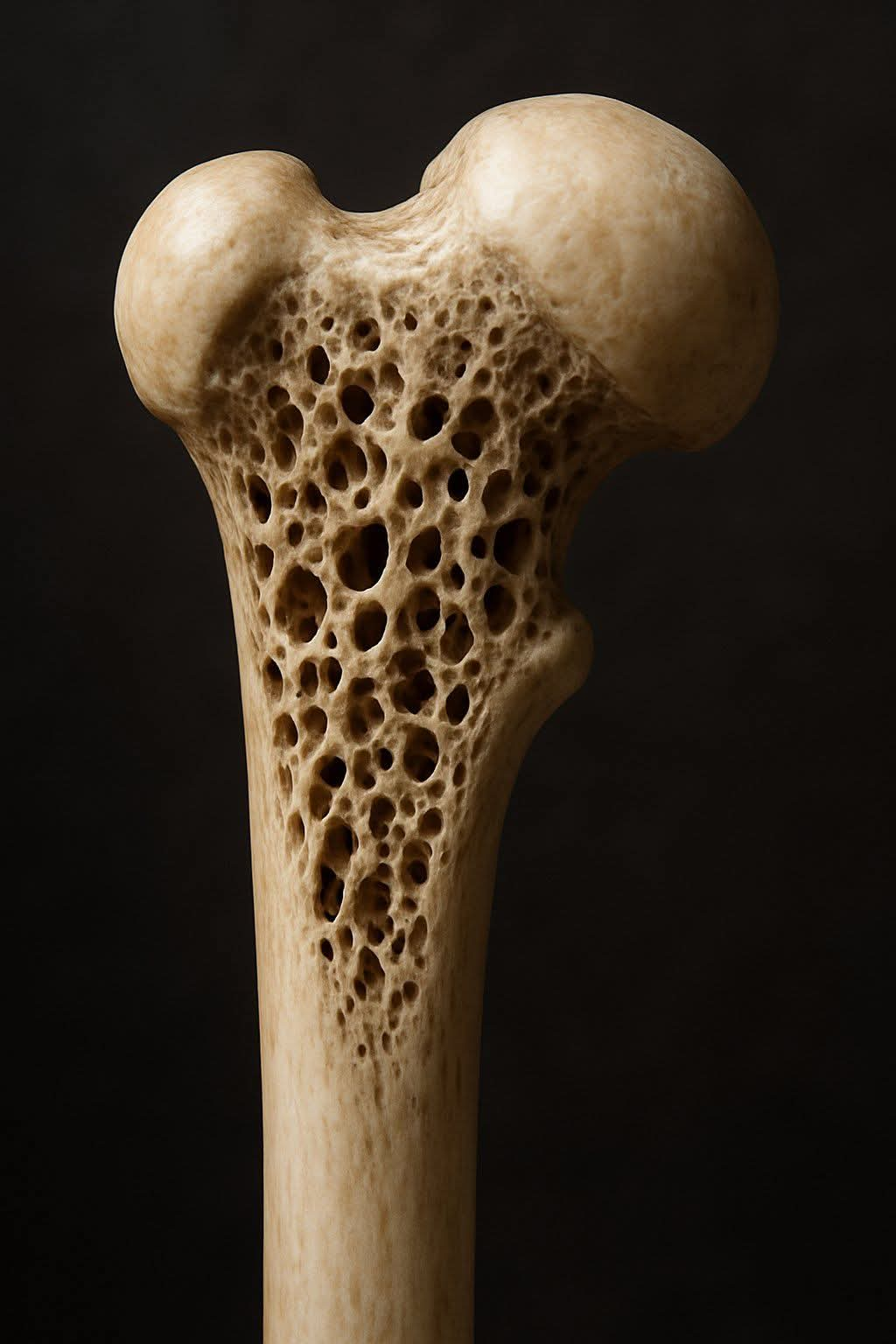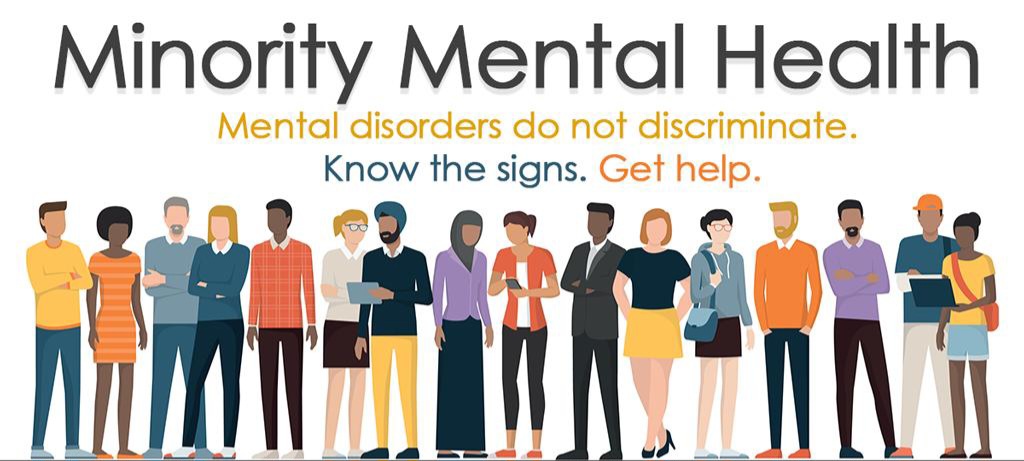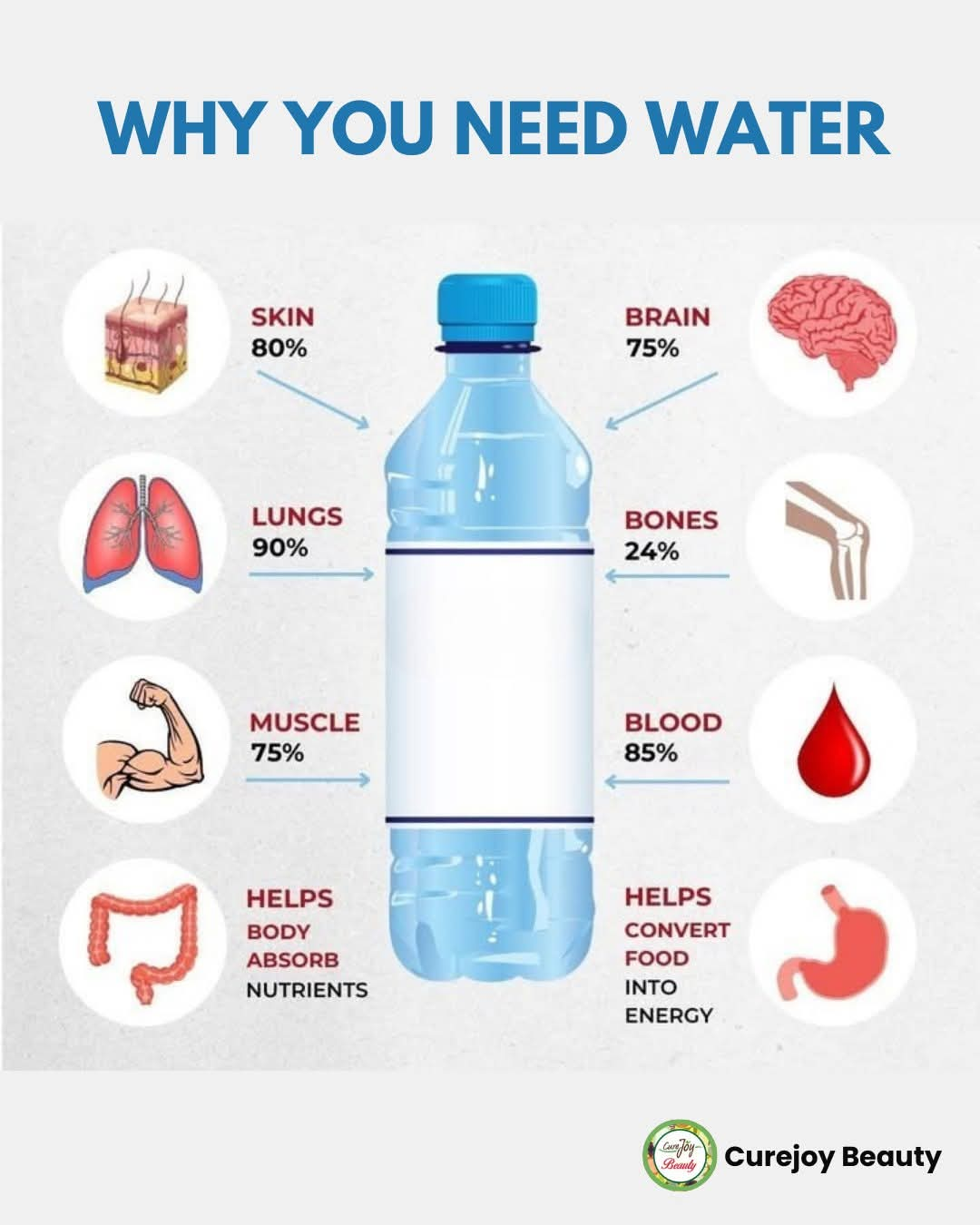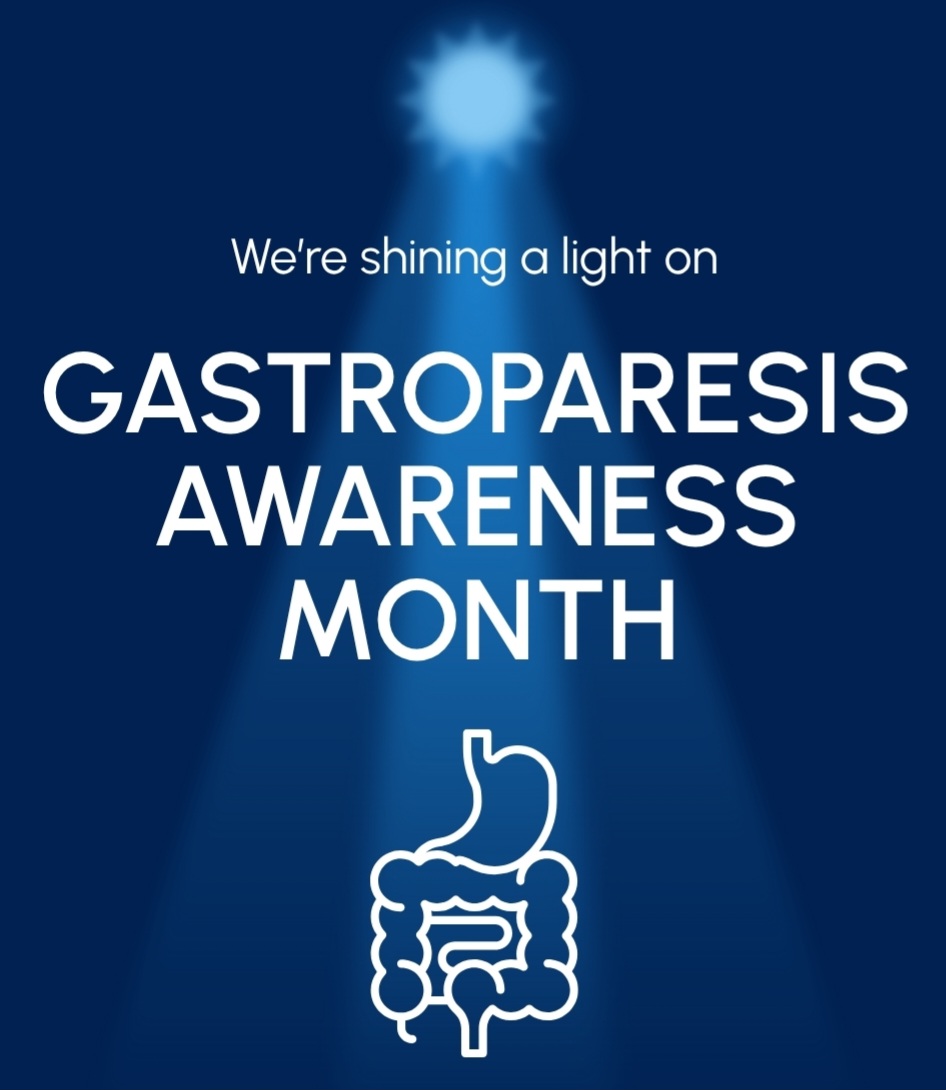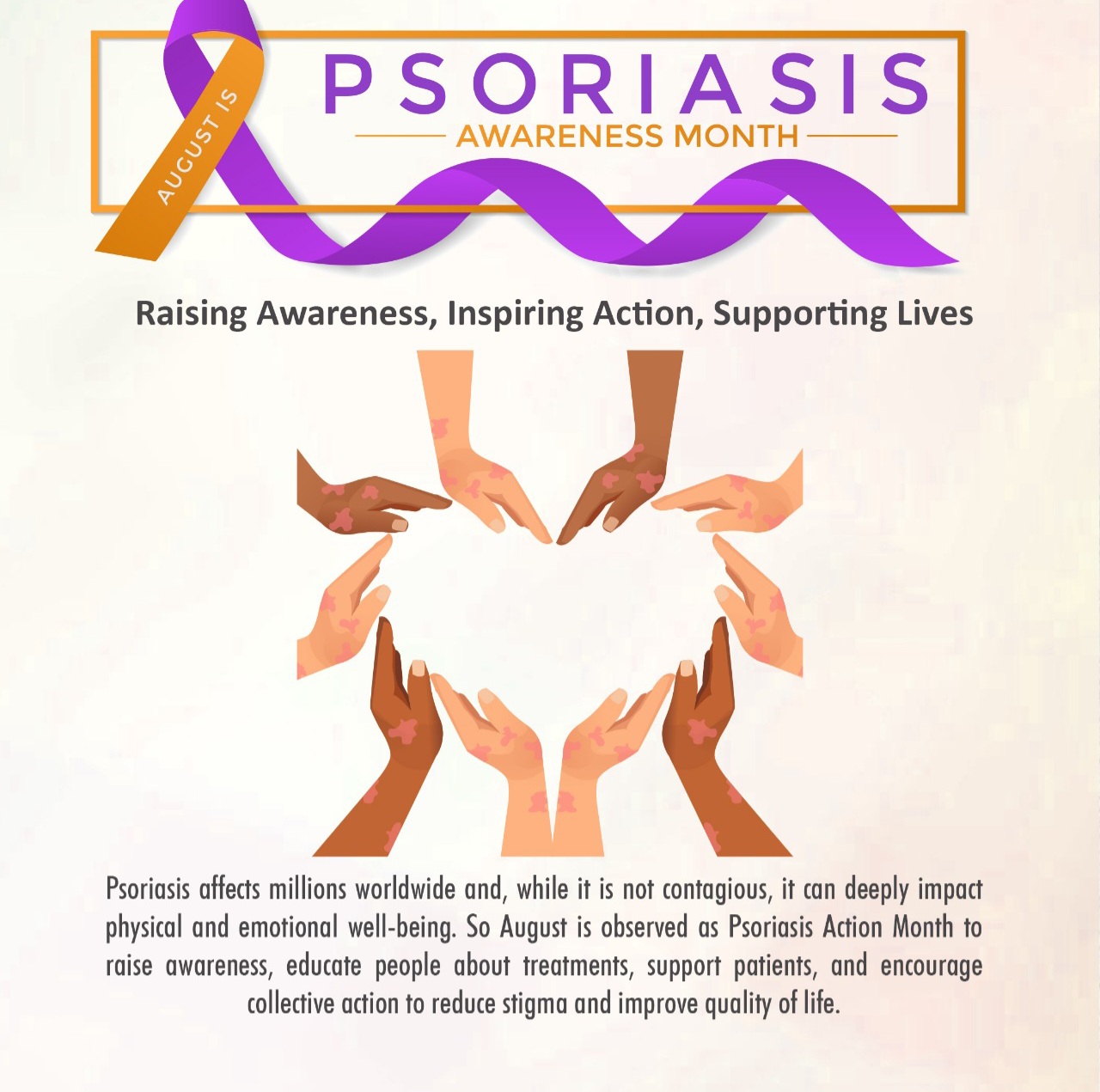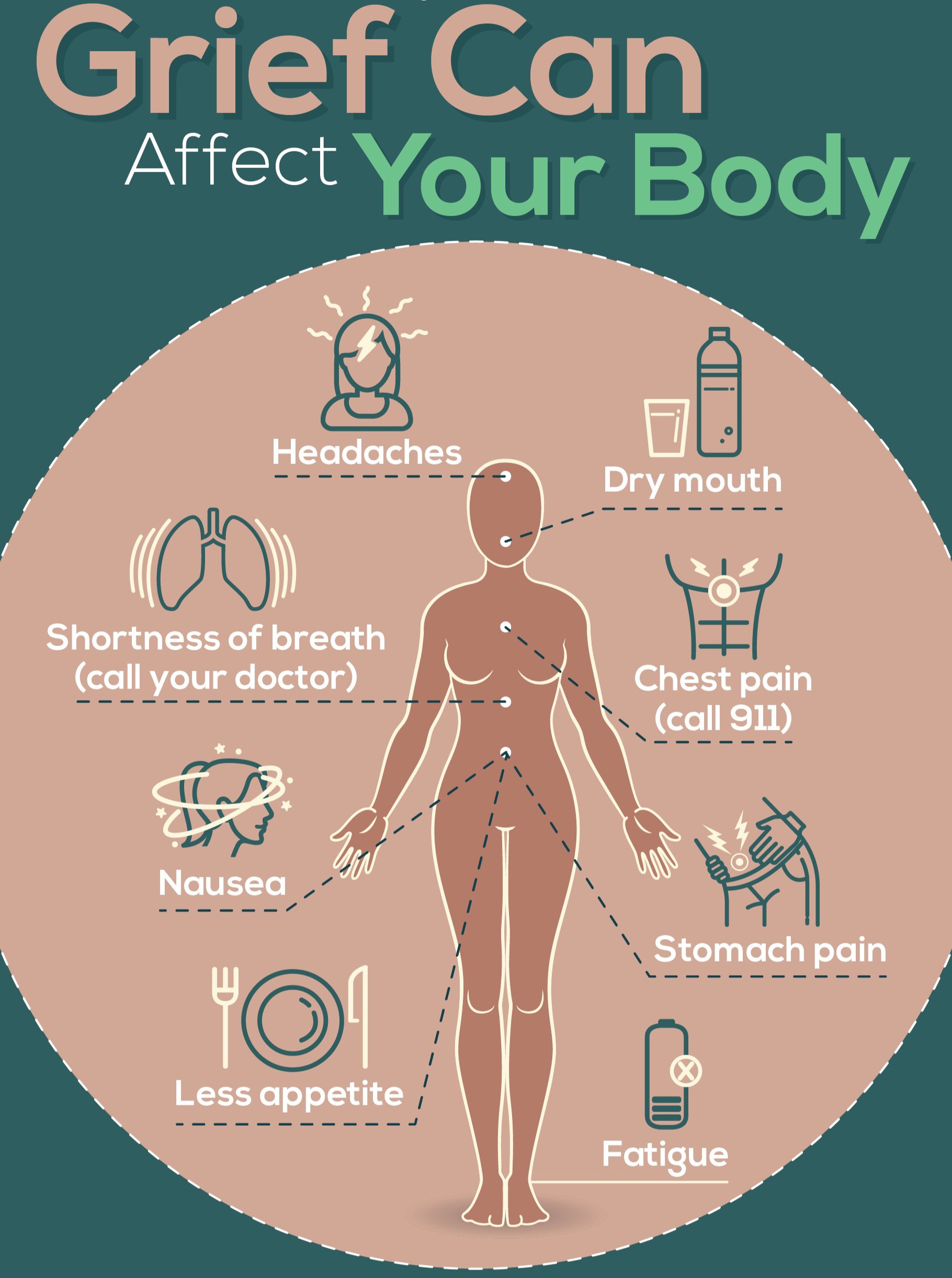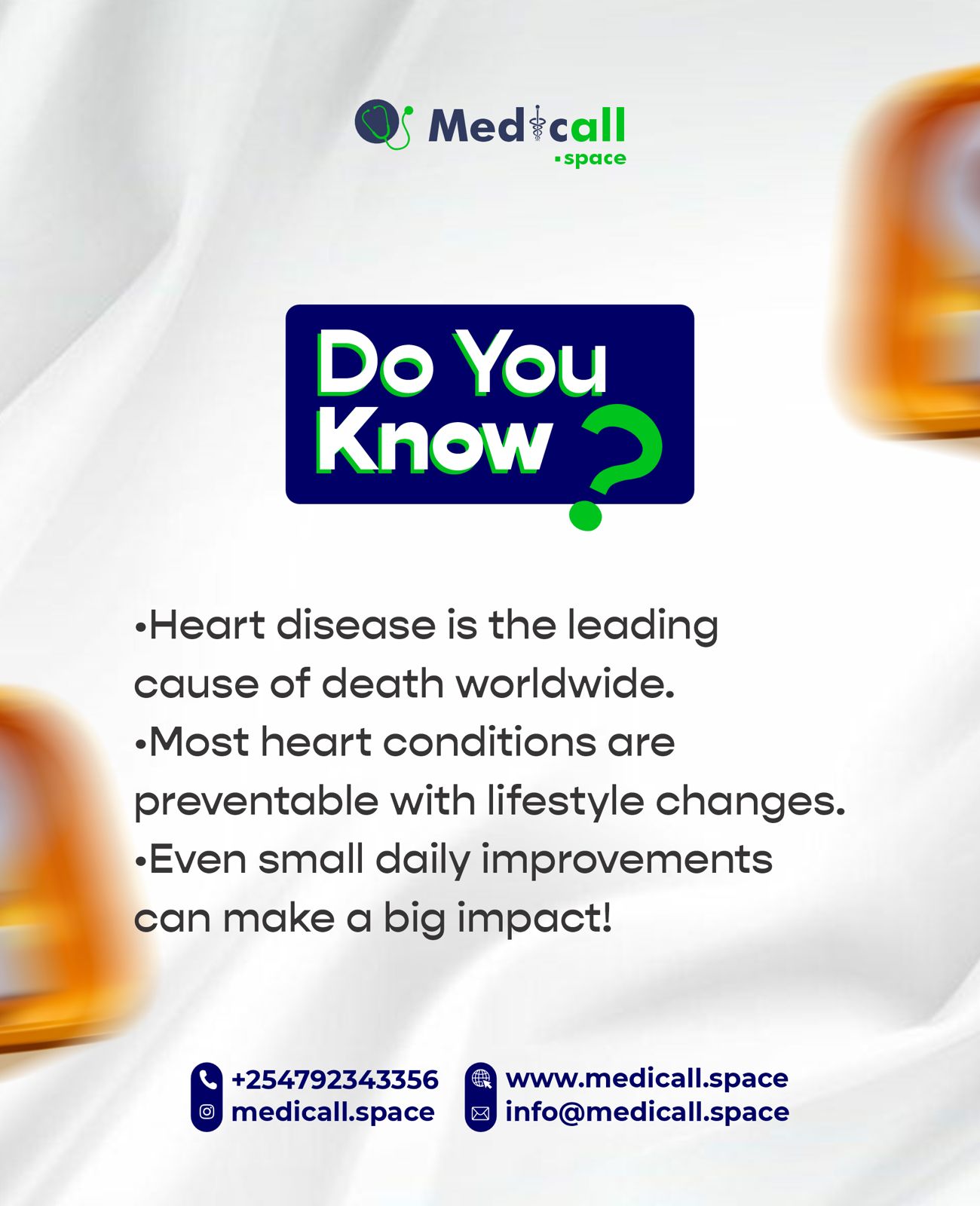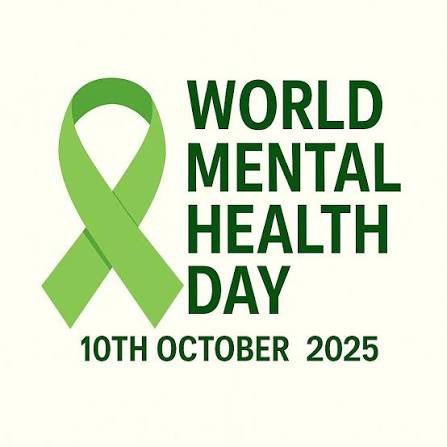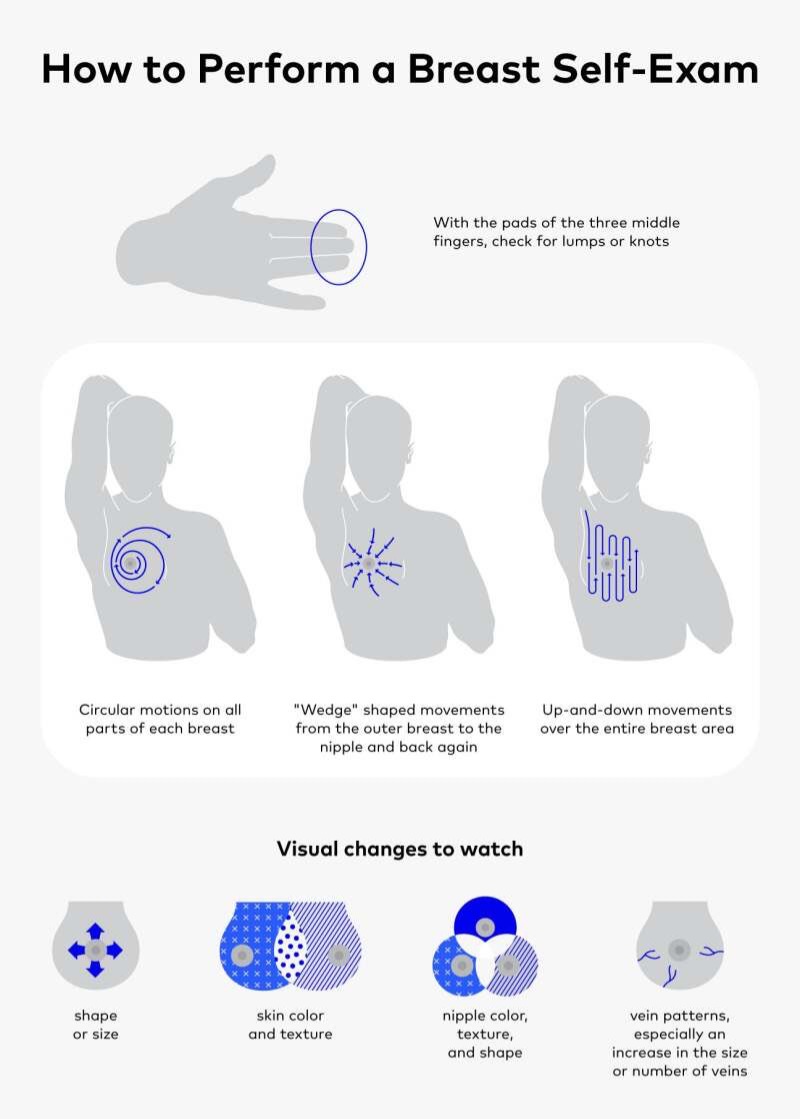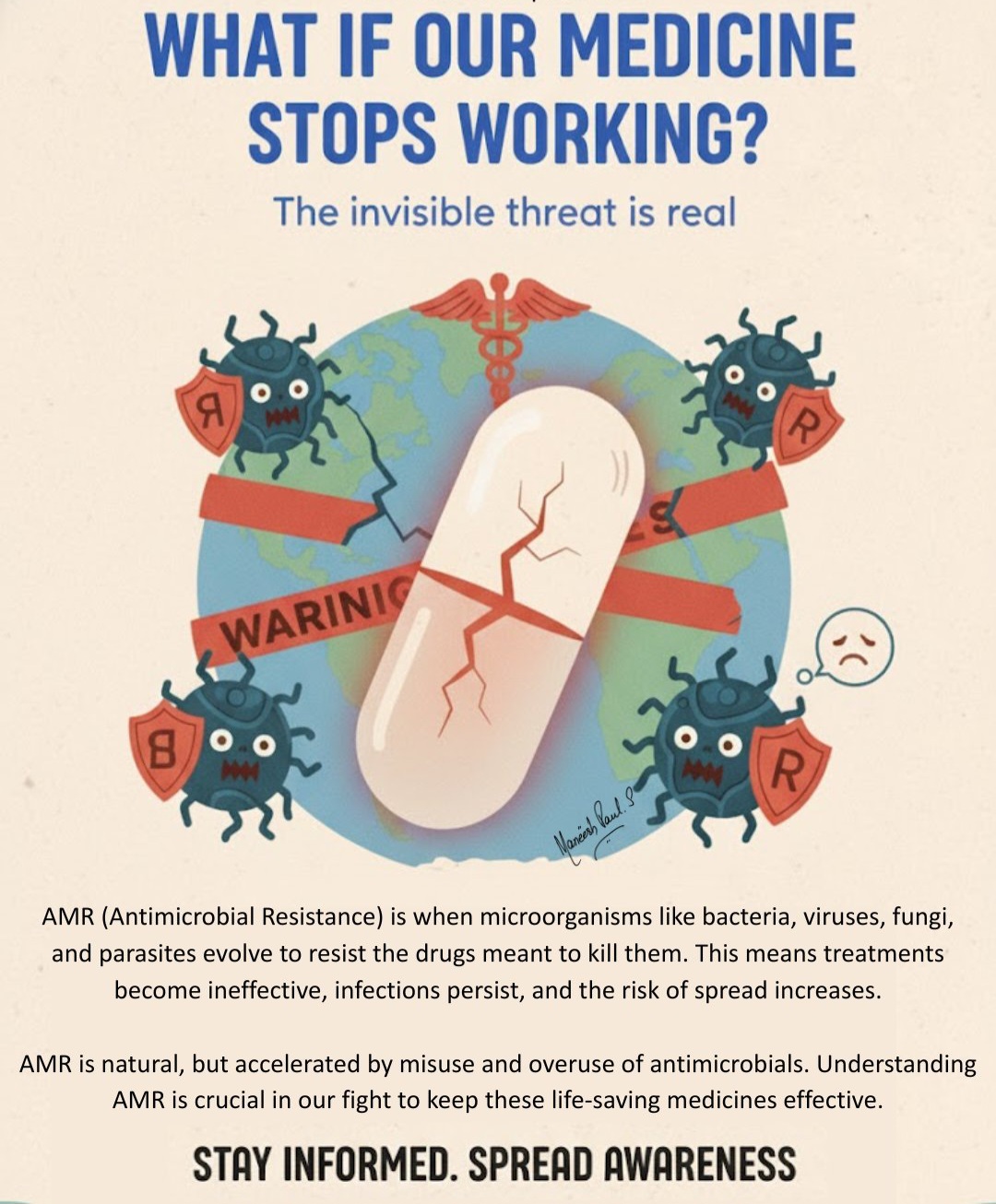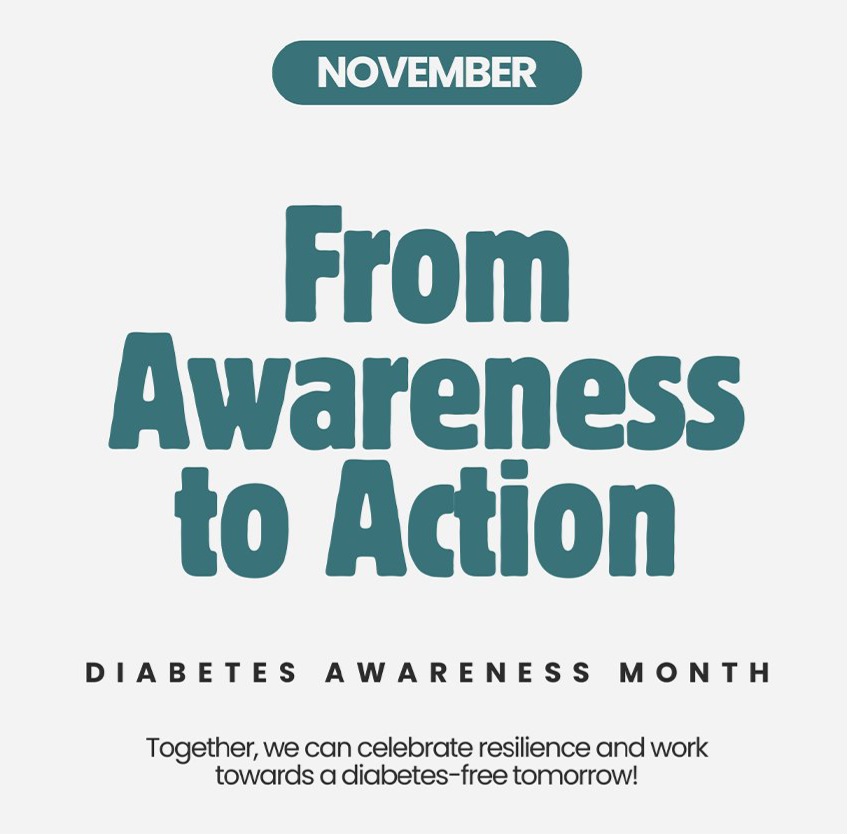"Understanding Male Fertility is a Vital Step Towards Fatherhood"
Father’s Day is not just about celebrating fathers—it’s also a reminder of the journey to fatherhood. While fertility is often seen as a women's health issue, male fertility is just as important.
WHO indicates that male infertility issues contribute to 50% of infertility cases!
What is Male Fertility?
Male fertility refers to a man's ability to cause pregnancy in a fertile female. It depends on:
- Sperm count – how many sperm are in semen
- Sperm motility – how well sperm move
- Sperm morphology – the size and shape of sperm
- Hormone balance – especially testosterone and other reproductive hormones
The following tips are essential to help protect male fertility:
1. Watch Your Weight
Being overweight or obese can significantly lower sperm quality and reduce testosterone levels. It may also lead to erectile dysfunction and hormonal imbalances.
Maintain a healthy BMI (18.5–24.9)
Exercise regularly – especially aerobic activity and strength training
2. Avoid Excessive Heat Exposure
High temperatures can affect sperm production. The testicles need to stay slightly cooler than body temperature.
Avoid:
- Hot tubs and saunas for long periods
- Prolonged laptop use on the lap
- Tight-fitting underwear
3. Quit Smoking and Limit Alcohol
Smoking harms sperm DNA, lowers motility, and reduces sperm count.
Excessive alcohol disrupts hormone levels and testicular function.
Quit smoking completely
Limit alcohol to two drinks per day or less (or avoid altogether)
4. Avoid Illicit Drugs and Steroids
Recreational drugs like marijuana and cocaine are linked to poor sperm quality.
Anabolic steroids (used in bodybuilding) can permanently damage fertility.
Avoid:
- Marijuana
- Cocaine
- Anabolic-androgenic steroids
5. Eat a Fertility-Friendly Diet
Nutritional deficiencies can reduce sperm quality.
Focus on a diet rich in zinc, selenium, vitamin C, vitamin D, and antioxidants.
Eat more:
- Nuts and seeds (zinc, selenium)
- Citrus fruits and leafy greens (vitamin C and folate)
- Fish and eggs (omega-3s and vitamin D)
Limit:
- Processed foods
- Sugary snacks
- Foods high in trans fats
6. Manage Stress and Sleep Well
Chronic stress and poor sleep interfere with testosterone and sperm production.
Practice:
- Deep breathing
- Yoga or meditation
- Regular sleep routines
7. Protect Against STIs
Sexually transmitted infections (e.g., chlamydia, gonorrhea) can damage the reproductive tract, causing fertility issues.
Preventive steps:
- Practice safe sex
- Get tested regularly
- Treat infections promptly.
8. Get Regular Check-Ups and Semen Analysis
If you're planning to become a father, talk to a healthcare provider about a fertility assessment. A semen analysis can check sperm health.
Especially important if:
You've been trying to conceive for over 12 months without success
You have a history of testicular injury or surgeries
You experience sexual dysfunction
9. Reduce Environmental Exposure to Toxins
Chemicals like pesticides, heavy metals (e.g., lead), and endocrine disruptors (e.g., BPA in plastics) can impair sperm health.
Instead Opt for:
- Organic produce when possible
- BPA-free bottles and containers
- Protective gear if working with chemicals
10. Avoid Delays in seeking help.
Conditions like varicocele (enlarged testicle veins), infections, and hormonal imbalances can impact fertility.
If you have tried unsuccessfully to conceive with your partner for more than 12 months, consult a urologist and schedule a check up.
On this Father’s Day, remember: Fertility isn't just a woman's issue. Your lifestyle choices, health habits, and awareness matter deeply. Take proactive steps toward reproductive health!










































































































